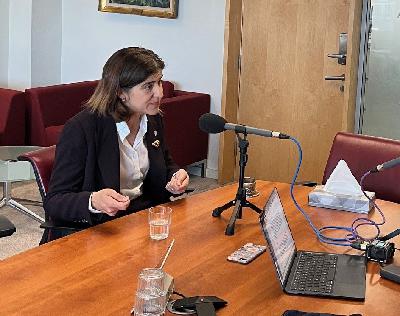Access to justice
Description
In July, a little-known body headed by the second most senior judge in England and Wales launched a public consultation on new ways of ensuring access to justice.
The Online Procedure Rules Committee — chaired by the master of the rolls, Sir Geoffrey Vos — was created by parliament three years ago to make rules for legal proceedings “to be initiated by electronic means”. But instead of trying to create a costly new digital court, the rules committee is trying out its powers to set standards for existing online dispute-resolution services.
These services are often provided by commercial or financial organisations, alongside with online advice. But they can be hard to track down if you don’t know what you’re looking for. And if they can’t solve your problem and you need to take things further, you have to go through the whole process again and start your claim from scratch.
What the legislation now allows for is the transfer of information from private dispute-resolution services to public courts and tribunals. That will be done electronically. But in order for it to work, the private pre-action services will have to talk the same language as the public courts and tribunal service.
That means setting a single standard for all private dispute-resolution services to use. At its simplest, it would require all users to fill in their first name followed by surname and “1 September” rather than “September 1”.
Under regulations made earlier this year, the rules committee can make rules for:
* civil and tribunal proceedings in relation to property; and
* family proceedings for a financial remedy
The Online Procedure Rule Committee wants to know what people think of its pre-action model and there are still a couple of weeks or so before the consultation closes.
For the latest episode of A Lawyer Talks, I’ve been discussing the reforms with Dr Natalie Byrom (pictured), honorary senior research fellow at UCL Laws. We discussed the Online Procedure Rule Committee — OPRC for short — as well as alternative dispute resolution (ADR) and online dispute resolution (ODR).
My regular podcast series — resuming after the August break — is a bonus for paying subscribers to A Lawyer Writes. Non-subscribers can savour an hors d’oeuvre by clicking the ► symbol above.


















